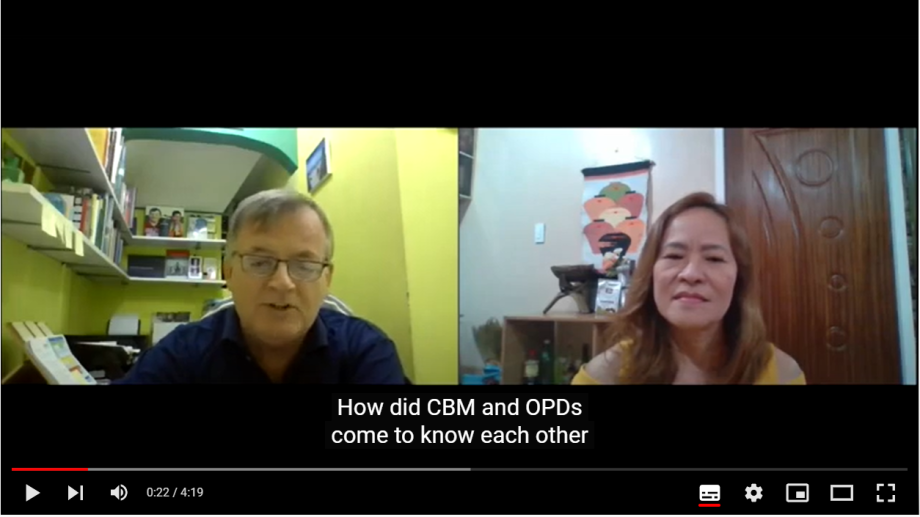Working with OPDs
All stakeholders involved in international cooperation should increase their collaboration with Organisations of Persons with Disabilities (OPDs) and help them foster the representation of the interests and concerns of persons with disabilities.
Basic recommendations
- Be an active role model on inclusion and start by working with persons with disabilities and their representative organisations. It ensures that your work is aligned with the Convention on the Rights of Persons with Disabilities (CRPD) and the central principle of the disability rights movement ‘nothing about us without us’.
- When providing advice to development partners or government, inform and involve relevant OPDs. E.g. when providing in-country advice, inform relevant OPDs and discuss options for mutually beneficial involvement.
- Proactively seek to use your influence and opportunities to open spaces for dialogue between government, development actors and OPDs.
- Allocate adequate time and resources, including budget, to enable joint work, capacity development, partnership and to ensure real participation of OPDs. Sufficient lead time to coordinate with OPDs is also required.
- Work with OPDs in a manner which represents the diversity of experiences of persons with disabilities within a relevant context, ensuring a diverse range of impairment types, gender representation, age, sexuality, and ethnicity.
- Utilise identified strengths both in your organisation and OPDs and create synergies in working with OPDs to enhance coherence and effectiveness and promote mutual learning. Some stakeholders have a long history of working in a development programming context and can share their experience in programming, as well as in as is communicating with development partners such as donors, INGOs and multilaterals. On the other hand, OPDs have strength and capacity in forming representative groups, understanding and navigating the local context, and conducting disability related needs assessments and advocacy.
- Professionally recognise and credit the contribution of OPDs in joint work, including through payment of fees for services as applicable.
- Discuss with OPDs how or whether they wish to be involved in your advisory work and associated development activities, and the level of engagement they desire. Many OPDs have their own agendas, priorities and strategic plans and may not wish to be involved in activities that do not align with these. Some OPDs also experience overwhelming demand for their time and expectations that exceed their available resources. Development partners should be aware of this and take it into account.
- Prioritise and seek to be responsive to requests for developing the capacity of OPDs to better understand development processes, and to more effectively influence and advise development stakeholders. In the longer term, investing in the capacity of OPDs leads to greater development effectiveness.
- Share resources that may assist OPDs with their governance and organisational development.
- Seek to work with OPDs in building an evidence base for disability inclusive approaches and, where needed, strengthening OPD capacity in research methodologies, and how to use research findings to influence policy and practice.
The recommendations are based on experiences from CBM’s advisory work on disability-inclusive development and the partnership approach of CBM.
Download the recommendations 'Working with OPDs'.
